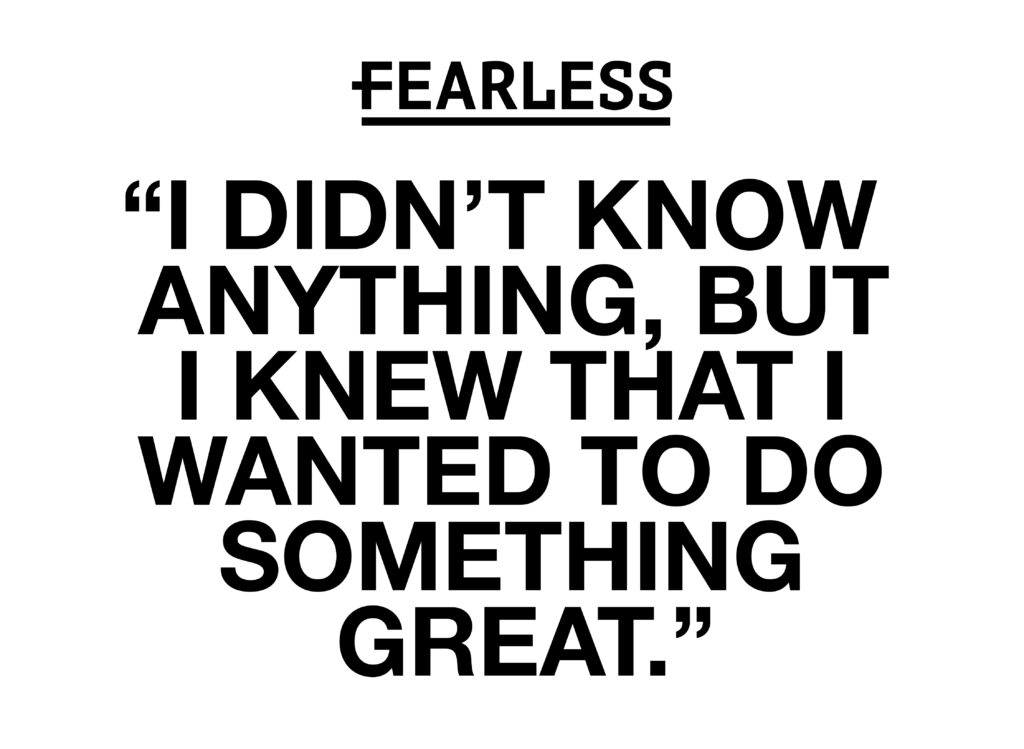Global Insurance Accelerator: ClinicNote
Tyler Fox, Morgan Hampel and Justin Coaldrake - Ames

IN A NUTSHELL:
Three Iowa State University graduate students are developing a software tool to help speech pathologists more easily file patient progress reports needed for continued health insurance coverage.
ABOUT THE BUSINESS:
Tyler Fox, Morgan Hampel and Justin Coaldrake, who each earned bachelor’s degrees in industrial engineering at ISU, have launched ClinicNote, a technology startup to address a niche they’ve discovered in health insurance processing.
Coaldrake learned about the issue from his girlfriend, who will be beginning a graduate program in speech pathology next year at the University of Iowa.
“Through conversations with her and hearing about some of the issues her bosses were dealing with, I brought that conversation back to Morgan and Tyler and said, ‘If they’re having trouble with some of this stuff, maybe somebody else is, too,’” he said. “We just started emailing speech therapists all over the country, saying we have this background in industrial process-efficiency engineering. We think there’s an opportunity to streamline some of your office management tasks.”
For about three months prior to beginning the accelerator program, the partners sent out hundreds of emails to speech pathologists across the country to gain insight into the process and the problems encountered in filing reports, and followed up with about 50 hours of telephone interviews.
“What we’re building has an application in any sort of prolonged rehab therapy clinic,” Coaldrake said. “The claims process has been really well figured out; there are very elaborate electronic systems to handle the claims. What we’re focused on is what most of the clinics call the progress report. An insurance company will only approve you to see someone for X number of sessions over Y time window. At the end of that period if you want to continue treatment, you have to file a progress report, and right now that’s a manual process to compile and it doesn’t use any of existing infrastructure in the claims process. What’s really good about the speech niche is that patients will generally be seen for years, so there is a need for progress reports to be filed on a regular basis.”
Though there are electronic medical records programs available that can hold notes in a text box, ClinicNote seeks to provide a way for therapists to automatically fill in the prograss report when the time comes to prepare it for the insurance company, Fox said.
Both Fox and Hampel are now working on master’s degrees in industrial engineering at ISU, while Coaldrake has gone back to get a a second undergraduate degree, in computer science.
Learning how to genuinely listen to potential customers has been the most valuable lesson the three have gained from the accelerator program, they said.
“We failed many times before this in a couple of different industries because we didn’t know how to listen,” Fox said. “We’ve literally learned how to listen to people instead of picking and prodding people to say what we wanted to hear. That’s been the biggest thing we’ve learned – being able to listen to what everyone else has to say and then develop a solution based on what they tell us, not what we think we want to focus on.”
Hampel said they feel lucky to have been accepted at such an early stage of development into the accelerator program. “We were the earliest along in the whole process, so there are a ton of mistakes that we were able to avoid just by having the mentors available,” he said.
The team’s expectations for where they’ll stand at the end of the 100-day program shift from week to week, they noted.
“We would be incredibly happy if at the end of the 100 days we had our software built and in the hands of that first round of users,” Coaldrake said. “As we see the timeline right now, we’re going to be pushing it to get there, but it’s not outside the realm of possibility, barring any major setbacks.”
The entrepreneurs credited the resources available at Iowa State University for much of their success so far.
Their business plan won the Best New Business Idea designation in the ISU Student Pitch Competition, and prior to hearing about the insurance accelerator, they had planned to continue using the resources at the university such as the ISU Pappajohn Center for Entrepreurship..
“I don’t think we would be here today without some of the foundation the Pappajohn Center provided,” Coaldrake said.









